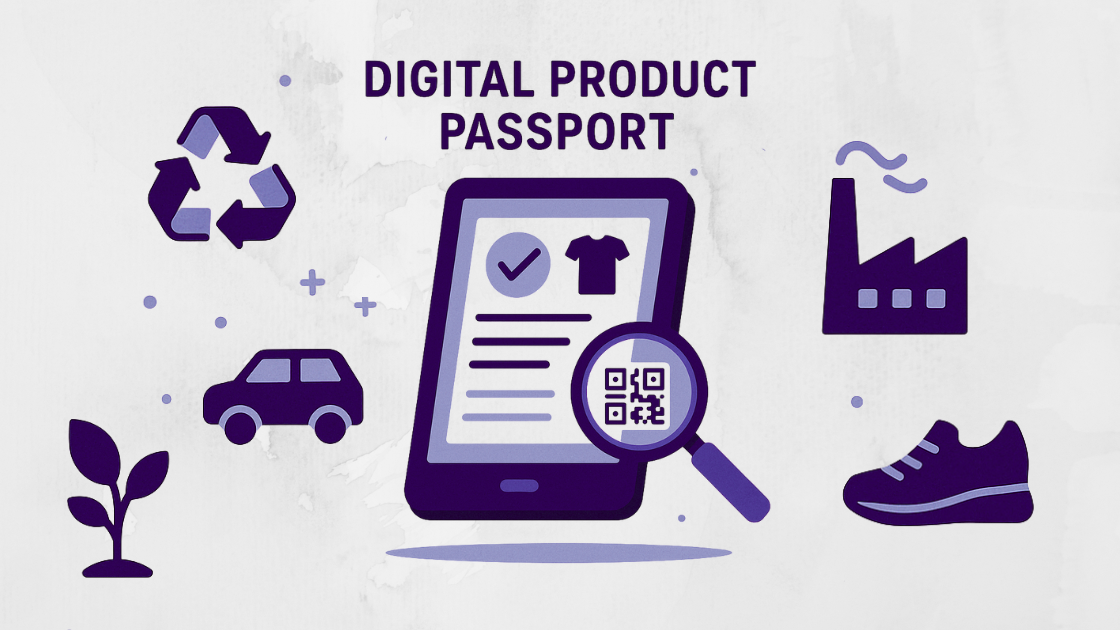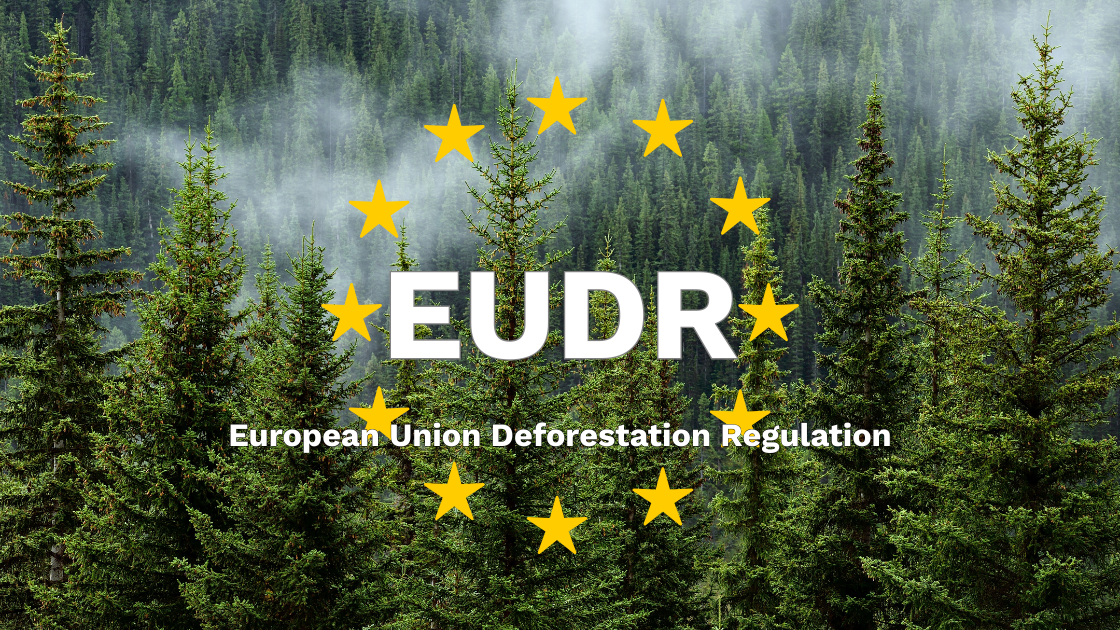Building a sustainable business: indispensible for your company
In today's world, sustainability is becoming increasingly important. It's not just a trend; it's an essential strategy that businesses can no longer afford to ignore. The demand for sustainable products is rising, talent is on the lookout for companies with a green vision, and the long-term cost savings are undeniable. Additionally, the European Union and national governments are setting clear guidelines to measure and report on companies' sustainability, akin to a financial annual report but focused on sustainability. This is why you as an SME must take action now.

From Rio to Regulation: A Brief History of Climate Awareness
Awareness of climate change began in 1988 with the establishment of the Intergovernmental Panel on Climate Change (IPCC). This was followed by significant milestones such as the UN Climate Convention in Rio de Janeiro and the Kyoto Protocol, paving the way for legal measures to reduce greenhouse gases. This historical overview highlights the growing recognition of the need for collective action against climate change.

The Greenhouse Gas Protocol: The Standard for Emission Measurement
The Greenhouse Gas Protocol (GHG Protocol) offers a standardised method for measuring and reporting greenhouse gas emissions, divided into three scopes. This international system is crucial for businesses to understand and manage their climate impact. For SMEs, it's particularly important to be aware of Scope 3, which includes indirect emissions in the value chain. Large companies will increasingly require sustainability information from their suppliers, meaning your SME will indirectly be affected by this.
From Wish to Legislation: The Importance of Sustainability Reporting
The transition from a general desire for sustainability to specific obligations is evident in initiatives like the Sustainable Development Goals (SDGs) and the European Green Deal. These developments have led to concrete legislation such as the Non-Financial Reporting Directive (NFRD) and the recent Corporate Sustainability Reporting Directive (CSRD), mandating companies to report transparently on their sustainability efforts. This is not only relevant for large organisations; SMEs will also need to comply with future reporting obligations.
EU Taxonomy and CSRD: Definitions and Obligations
The EU Taxonomy and the CSRD play a key role in defining what sustainability means and how companies should report on it. This regulation helps investors, customers, and other stakeholders to determine how sustainable a company truly is. For SMEs, this means they will eventually fall under these reporting obligations, especially if they supply to larger companies already subject to these requirements.
At Eevery, we understand that the step towards sustainability can feel like a significant challenge for many entrepreneurs. Our platform is designed to support you in measuring, improving, and reporting your sustainability in a simple and accessible way. Whether you need to comply with the latest EU regulations or make your business more attractive to customers and talent, Eevery is here to help you at every step. With us, sustainable business becomes not just a necessity but a breeze.
In an era where sustainability plays an increasingly large role in the decision-making of consumers, talent, and investors, your SME cannot afford to lag. It's not a question of if you start with sustainable business practices, but when. Start now and let Eevery be your guide in this transition to a greener and more sustainable future.



